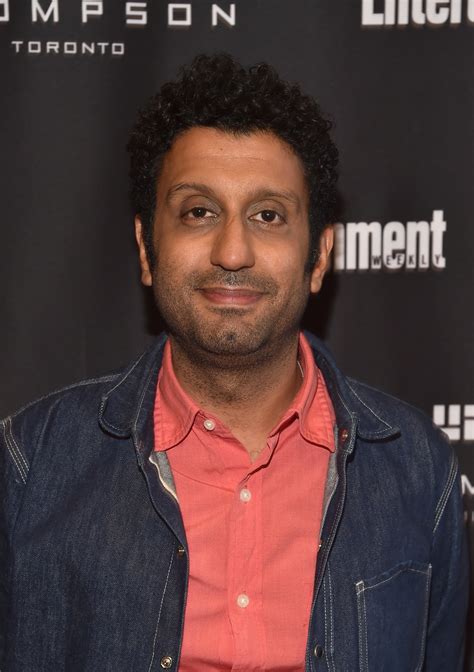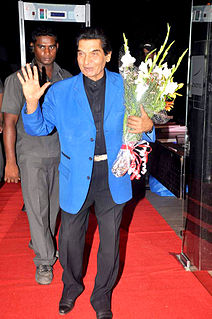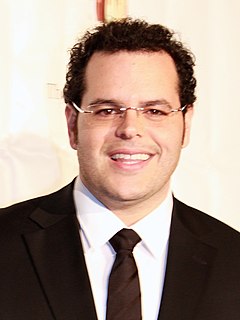A Quote by Beeban Kidron
Everything serious in the world is well approached by humour. It's a powerful and often quite subversive tool. I suppose there is an argument that could be made against me for being frivolous, but I do think a laugh is a very generous thing to give.
Related Quotes
I always believed that social science was a progressive profession because it was the powerful who had the most to hide about how the world actually worked and if you could show how the world actually worked it would always have a de-masking and a subversive effect on the powerful. I don't think that's quite true, but it seems to me it's not bad as a point of departure anyway.
Zen's greatest contribution is to give you an alternative to the serious man. The serious man has made the world, the serious man has made all the religions. He has created all the philosophies, all the cultures, all the moralities; everything that exists around you is a creation of the serious man. Zen has dropped out of the serious world. It has created a world of its own which is very playful, full of laughter, where even great masters behave like children.
The expression I use: Pain + Reality = Progress. Whenever I would have a painful mistake, I started to view that as puzzles that would give me gems if I could solve the puzzle. So, it made me thoughtful - what should I do differently next time? That was the puzzle. And the gem was some principle for handling the same thing when it came along again, and then I would write it down. And by writing it down and referring to it, and also being able to show it to other people so that we could agree that that was a good way of handling that thing - that was very, very powerful.
Even in the things that look most frivolous there has to be the threat of something quite painful to make the comedy work. I suppose the play of mine that's best know is NOISES OFF, which everyone thinks is a simple farce about actors making fools of themselves. But I think it makes people laugh because everyone is terrified inside themselves of having some kind of breakdown, of being unable to go on. When people laugh at that play, they're laughing at a surrogate version of the disaster which might occur to them.
I enjoy the freedom of living alone and not having anyone interfere with my belongings. I mean, I'm quite a selfish human being. I think being in the public eye and growing up, it's made me quite selfish in some respects. I can be extremely generous with friends, but in relationships I can be quite mean in terms of my time and my affections. I take people for granted, and I'm trying not to do that.
My childhood was lonely. Both my parents were away a lot, working, and the maid basically raised me. And I think that's where a lot of my comedy comes from. Not only was the maid very funny and witty, but when my mother came home I'd use humour to try and get her attention. If I made mommy laugh, then maybe everything would be all right. I think that's where it [my comedy] all started.





































